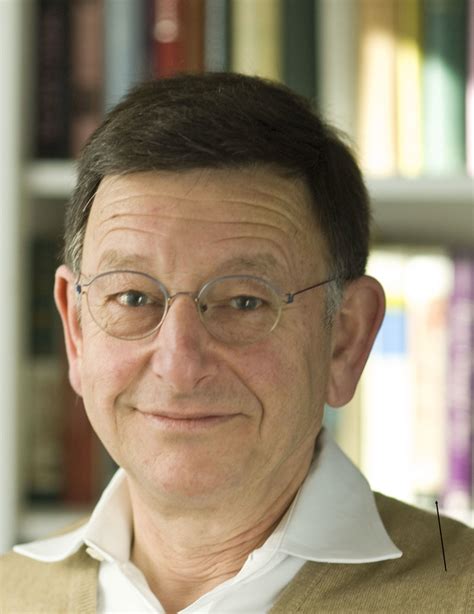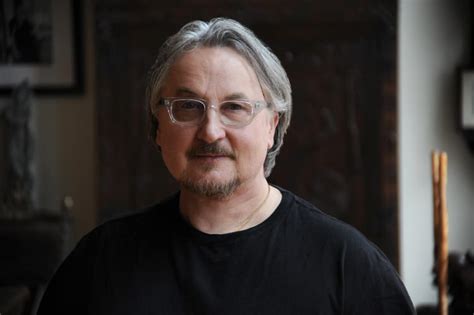A Quote by Gillian Tans
Booking.com is one of the biggest translation companies in the world.
Quote Topics
Related Quotes
In America, we've had people that are political hacks making the biggest deals in the world, bigger than companies. You take these big companies, these trade deals are far bigger than these companies, and yet we don't use our great leaders, many of whom back me and many of whom back Hillary Clinton, I must say. But we don't use those people.
In translation studies we talk about domestication - translation styles that make something familiar - or estrangement - translation styles that make something radically different. I use a lot of both in my translation, and modernism does both. For instance, if you look at the way James Joyce presents Ulysses, is that domesticating a classic? Think of it as an experiment in relation to a well-known text in another language.
When this crisis began, crucial decisions about what would happen to some of the world's biggest companies - companies employing tens of thousands of people and holding trillions of dollars in assets - took place in hurried discussions in the middle of the night. We should not be forced to choose between allowing a company to fall into a rapid and chaotic dissolution or forcing taxpayers to foot the bill.
The practice of translation rests on two presuppositions. The first is that we are all different: we speak different tongues, and see the world in ways that are deeply influenced by the particular features of the tongue that we speak. The second is that we are all the same - that we can share the same broad and narrow kinds of feelings, information, understandings, and so forth. Without both of these suppositions, translation could not exist. Nor could anything we would like to call social life. Translation is another name for the human condition.
I think there's going to be a real push in the next two years in Asia - China and Korea specifically. And that's a huge undertaking. Ten years ago it was impossible to break into that part of the world. Some of the biggest companies in the world found it challenging. But I am Chinese-American and I think what we do will resonate in China. So that's where we see our biggest opportunities going forward. I do speak Mandarin and I also relate to the hunger that China has for culture and architecture and style.
Then there is another area of activity - economic interaction between Russia and the United States. Right now, for example, it has already been made public that we signed a large deal to privatise one of our biggest oil and gas companies, Rosneft. We know for sure that US companies, as well as Japanese ones, by the way, are keenly interested in cooperation in Russia's oil and gas sector, in joint work. This has immense significance for world energy markets and will directly affect the whole world economy.
The majority of companies on this planet are publicly driven engines. They're always the last ones to change. They're not only the biggest polluters, but they're the biggest providers of services for the consumer. Government itself is one of the biggest polluters on the planet. The U.S. military pollutes the planet more than most other entities.


































